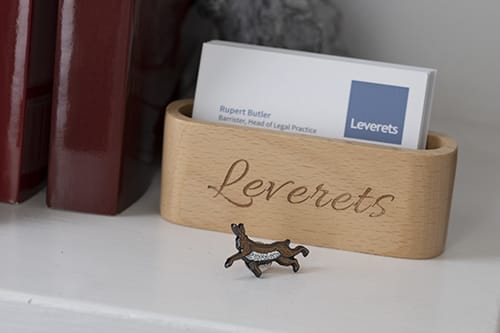New Brexit border checks set to hit UK businesses hard
Since the end of the Brexit transition period, goods imports from the EU have been treated differently from imports originating in the rest of the world. But at the start of 2024, the government began rolling out the introduction of full border controls on imports of goods from the EU.
New controls brought in this week under the UK’s Brexit Trade Agreement require documentary and risk-based identity and physical checks of medium risk animal products (meat and dairy), plants, plant products, and high-risk food and feed of non-animal origin.
Whilst the government has declared this as vital to “improve our biosecurity”, concerns have been raised about the lack of detail (The British Chamber of Commerce has been calling for more clarity around these checks for some time), as well as the increased cost to businesses and their customers – not welcome news when we remain tightly in the grip of a prolonged cost-of-living crisis.
Not only will the control documents themselves add additional unwelcome cost and red tape for businesses, but goods arriving at the border without the correct documentation, may be refused entry, leading to long delays and extra costs. This will hit small businesses hard forcing them to pass on price increases to customers. A burden which is only set to become heavier when safety and security declarations become mandatory on EU imports on 31st October 2024.
Another inevitable outcome is border delays. Despite the government promising a ‘light-touch” approach, Unite has warned businesses and the government to heed the learnings of the past when it comes to new import checks and their impact on border delays, as well as wider supply chains and logistics.
Thinking about our Kent community, we are obviously concerned about the impact on local businesses. One commentator has estimated that 2.7 million lorries will need to be stopped at Dover so their contents can be checked. This volume of traffic is simply unsustainable on the 40-acre site. Checks are therefore being off sited to the Sevington Inland Boarder facility, 22 miles away in Ashford. Not only does this present a significant biohazard risk for the county, but a recent report estimated that the new requirements could add £1bn a year in costs for those moving plant and animal products through this site alone.
If your business needs advice on compliance with EU border controls get in touch with our expert team.







